Beyond being an enriching academic activity, the Travelling School “Changing Territories: Sharing Ecological, socio-economic and Cultural SSN Perspectives” was a personal and emotional experience for all its participants. Proof of this is the sentence that gives the title of this text, as Jeison Lenis Chaparro-Cárdenas, DSSP Master Student titled his reflections on those two weeks of intense activities at the UNAL Campus La Paz, located a few kilometres from Valledupar, capital of the Department of El Cesar in Northern Colombia.
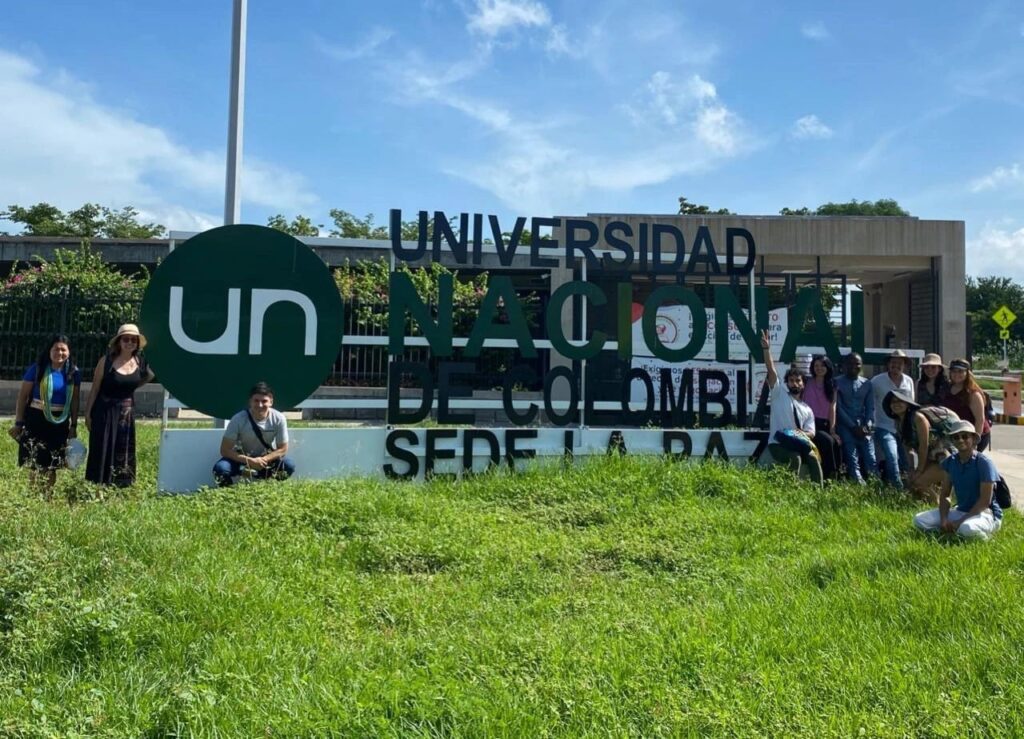
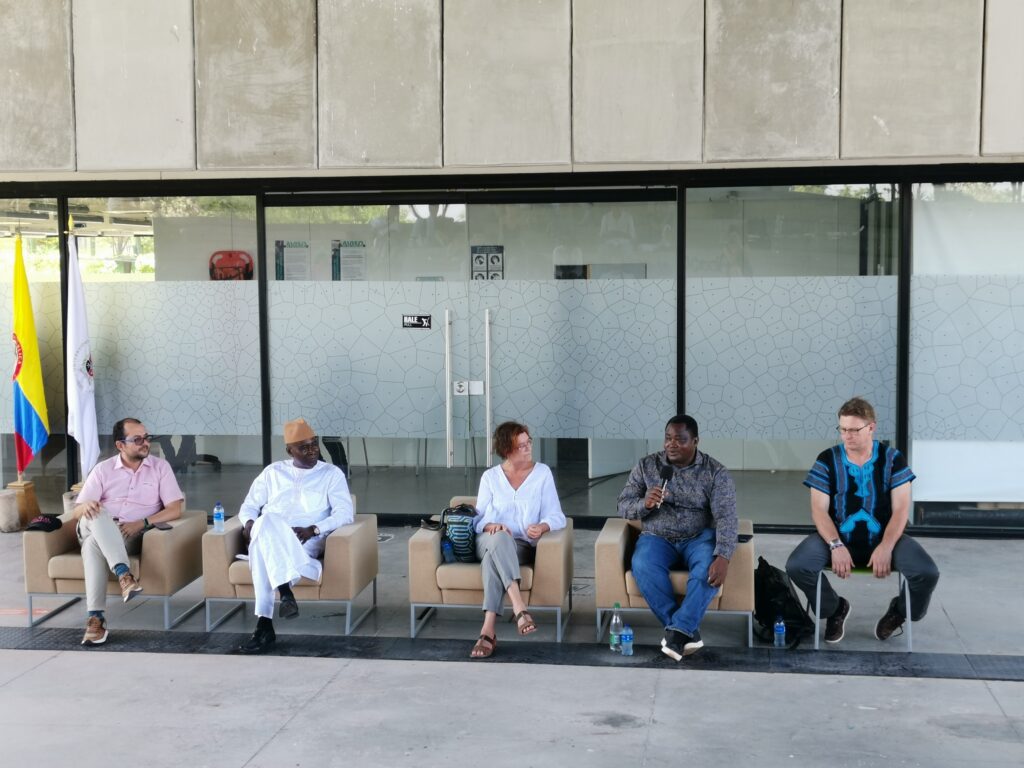
For two weeks (17 – 28 June), ten DSSP master students from different UNAL campuses, twelve undergraduate students from UNAL La Paz, four master students and one doctoral student from the University of Development Studies (UDS) in Ghana attended courses on relevant contemporary challenges common to the El Cesar region and Ghana. These topics encompassed land use, land tenure system, urban and regional planning; agricultural production and climate change adaptation; environmental conflicts, mining and extractivism; energy transition and tourism and cultural diversity in a comparative perspective between Ghana and Colombia. Lecturers from the host campus, from the Institute of Environmental Studies (IDEA- Bogotá) of UNAL, from UDS, from ZEF and the Université Abdou Moumouni (UAM) Niamey, Niger also took part in this enriching exchange.
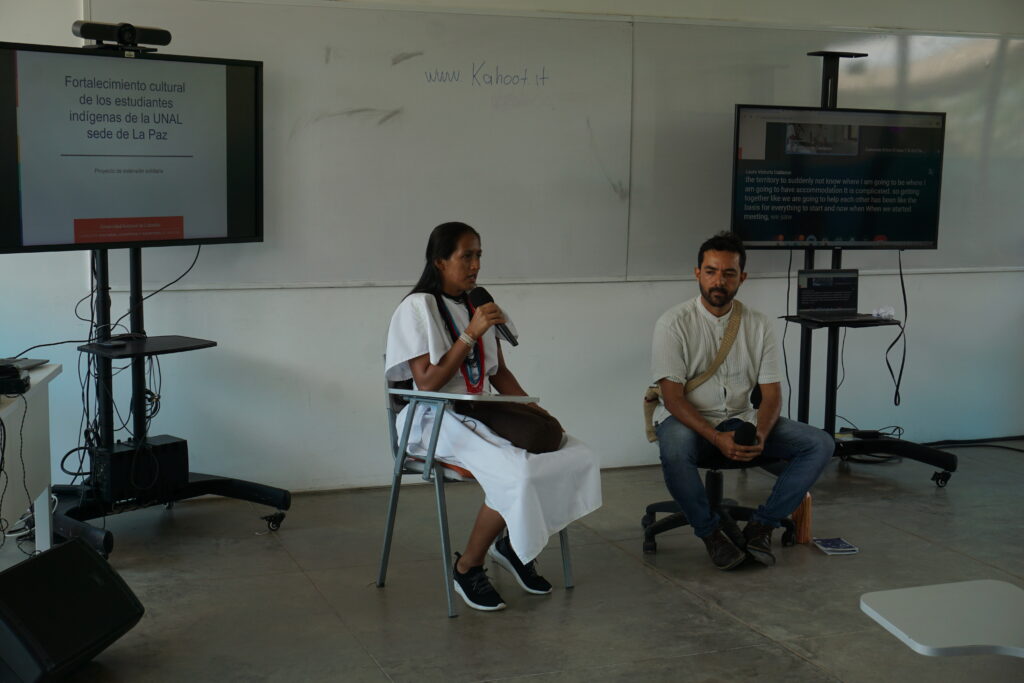
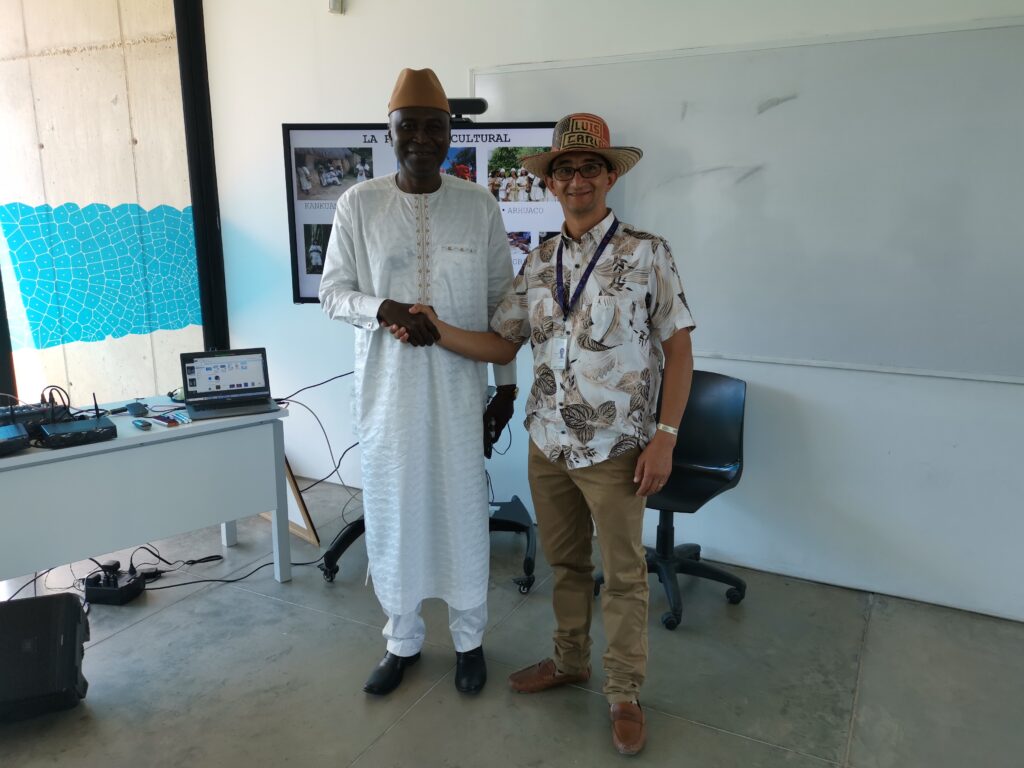
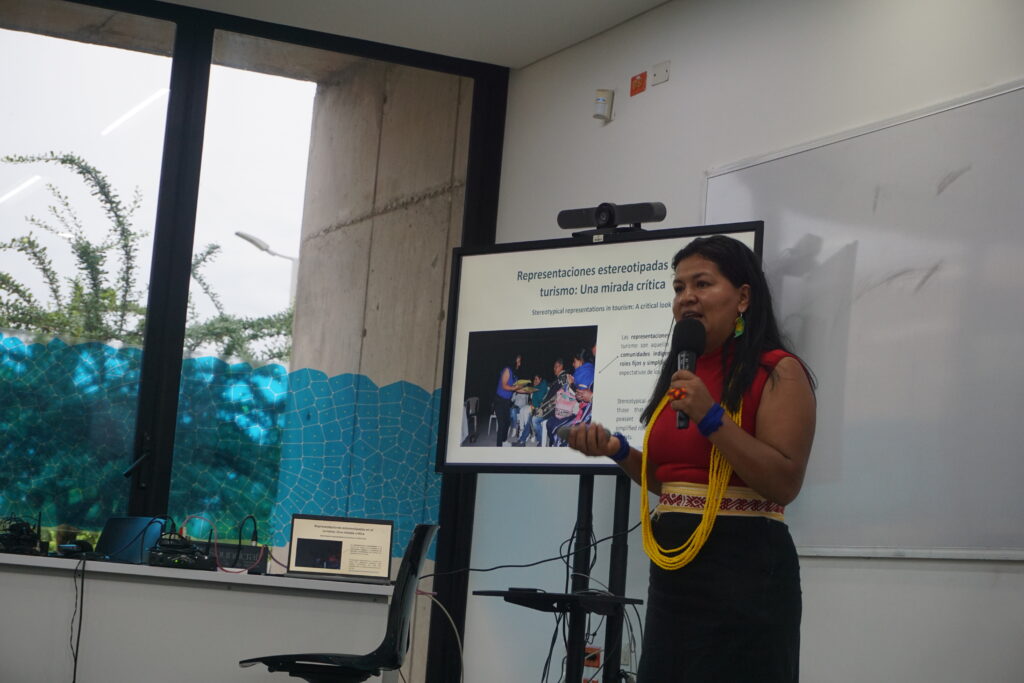
Exchanging with the territory
In addition to the lectures, in which the students from Colombia and Ghana actively participated, the programme was enhanced by three field trips to communities near Valledupar, where participants could experience the issues discussed in the classroom with the local people. The first one was to Pueblo Bello, a scenario of natural diversity and conservation, as well as where the Association of Cocoa Farmers, Traders and Agricultural Producers of Pueblo Bello Cesar (ACAPAPB) develops strategies for sustainable cocoa production. This trip included a beautiful space with the Arhuaco Indigenous Community called ‘Círculo de la Palabra’ (Word Circle), an ancestral tradition used by indigenous communities to discuss important community issues. In this case, it was a space to get to know each other and share experiences and impressions of the territory and everyone’s culture.
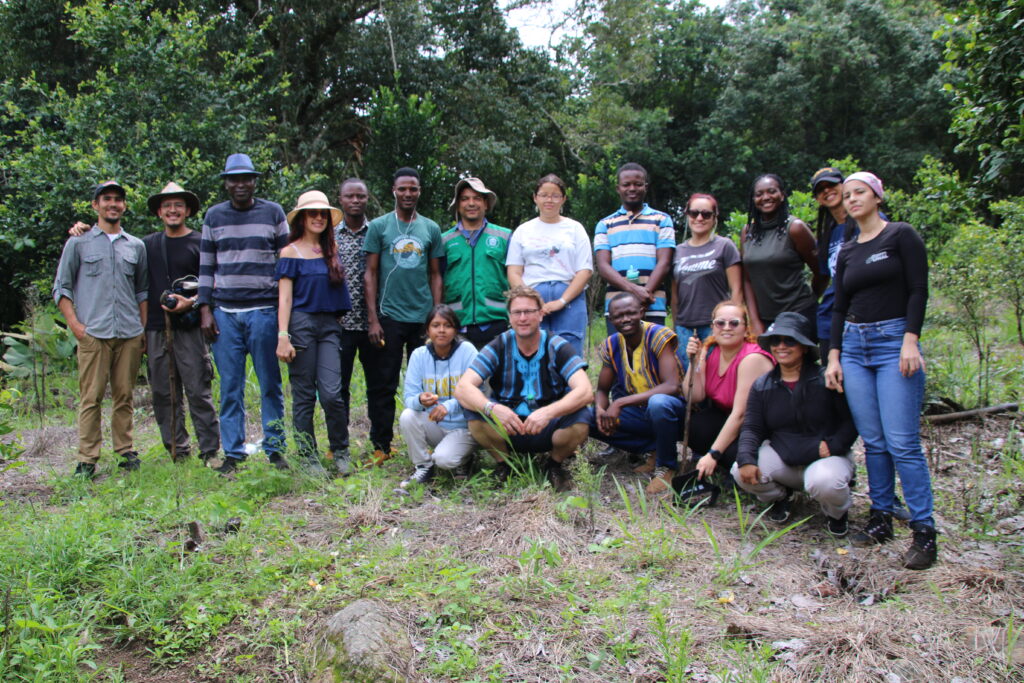

The second excursion was to El Paso, a community that has experienced the consolidation of the coal mining sector and the consequences in all dimensions (social, economic, cultural, ecological, institutional) of this large-scale economic activity. The Travelling School participants shared with the local people the history of the town, the impact of mining on the territories, and the current situation regarding the energy transition that represents a post-mining scenario. They also learned about the history of local music and instruments such as drums and accordion, and had the opportunity to experience a beautiful performance of local dance and music.



During the second week, the group visited the Territorial Training and Reincorporation Space (ETCR to its Spanish name) of Tierra Grata (these are spaces for demobilised combatants looking for new productive alternatives) in the Serrania del Perijá, near the Venezuelan border, in order to get to know an experience of tourism in the region, also linked to the Colombian peace-building process. In this space, a group of around 300 ex-combatants are betting on a new life based on tourism, taking advantage of the area’s endemic bird species and beautiful vegetation. They are developing activities such as birdwatching, historical tourism, trekking and a tourist route to the border, among others.
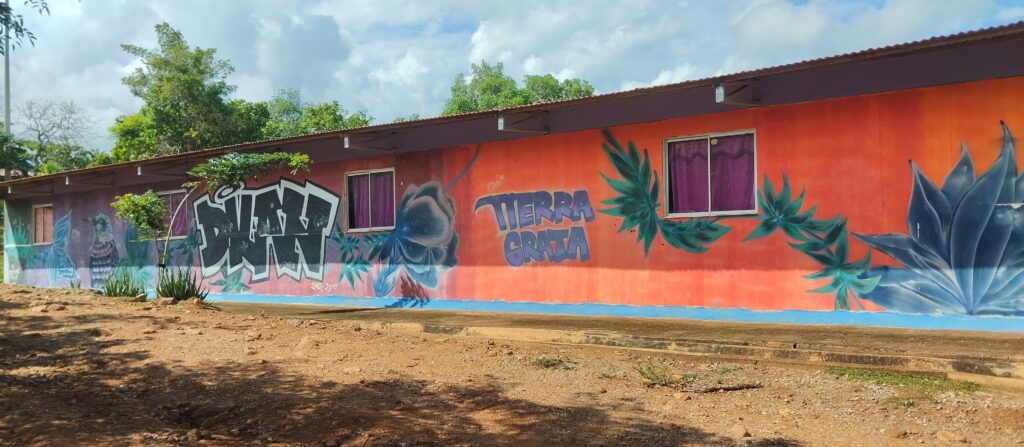
Weaving territories and new networks: Students’ initiatives
From the first day of the Travelling School, the students had the initiative to propose different activities to complement the academic programme already proposed. On the first day, Yenny Muyuy, a DSSP Master student from the UNAL campus in Leticia (southern Colombia), offered an opening ritual from the Inga Indigenous community, where she comes from, to harmonise the space, to give thanks for the opportunity to be in this territory and also to offer prayers for the good development of the coming activities. This was also a way to connect with other indigenous groups in the Cesar area, such as the Arhuaco community, where many of the students on campus come from.

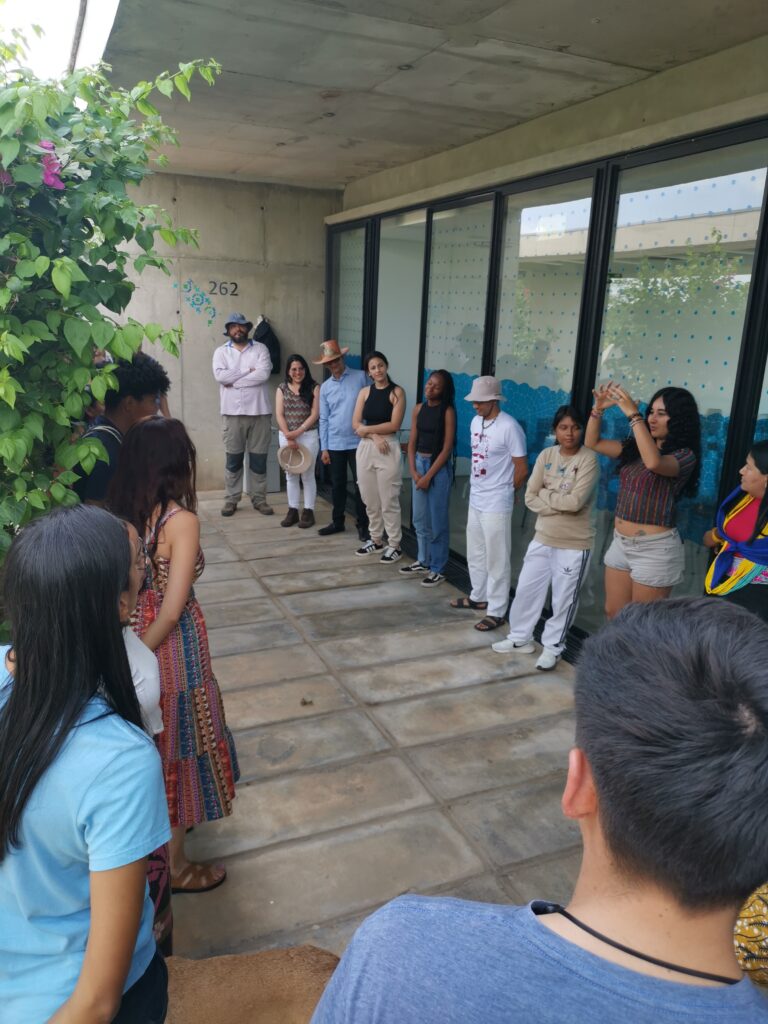
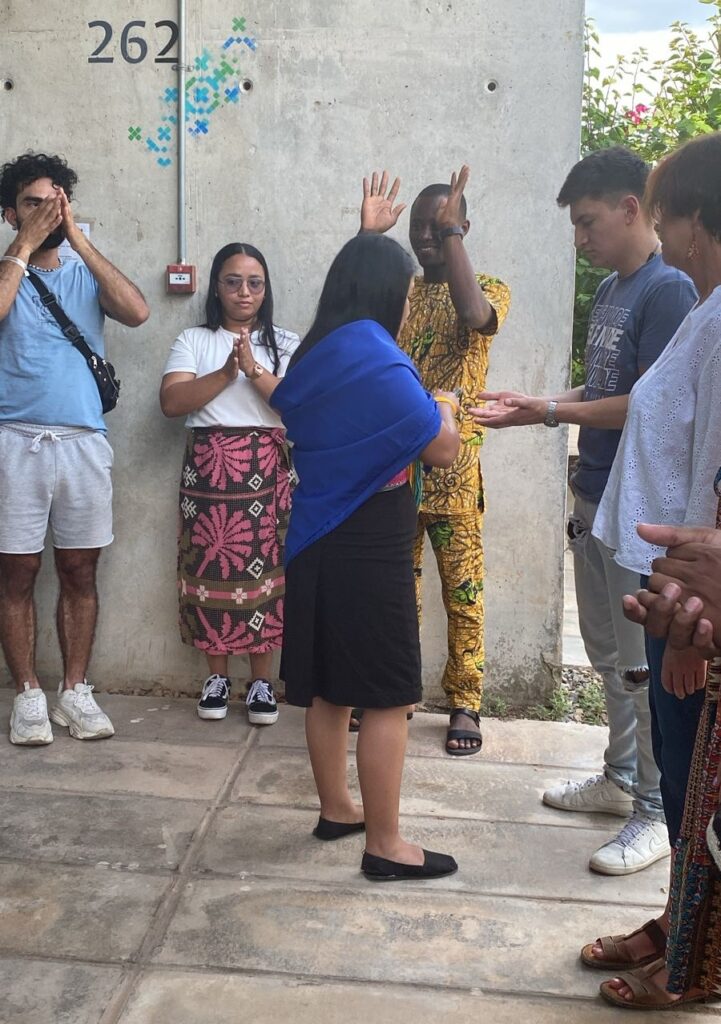
During the second week, the group of Colombian students proposed the activity “What moves you to wake up every day?” as a way to connect the whole group of students and their main interests. This activity had two moments. In the first one, in a circle, everyone had two minutes to talk about what makes them wake up every day, a research interest or even a personal motivation.

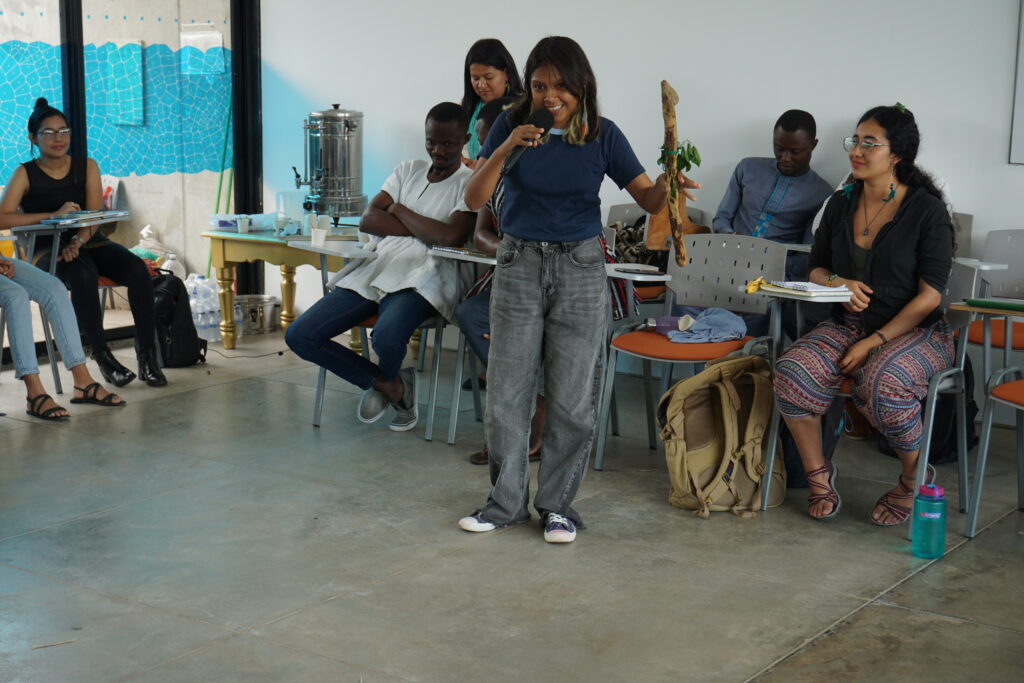
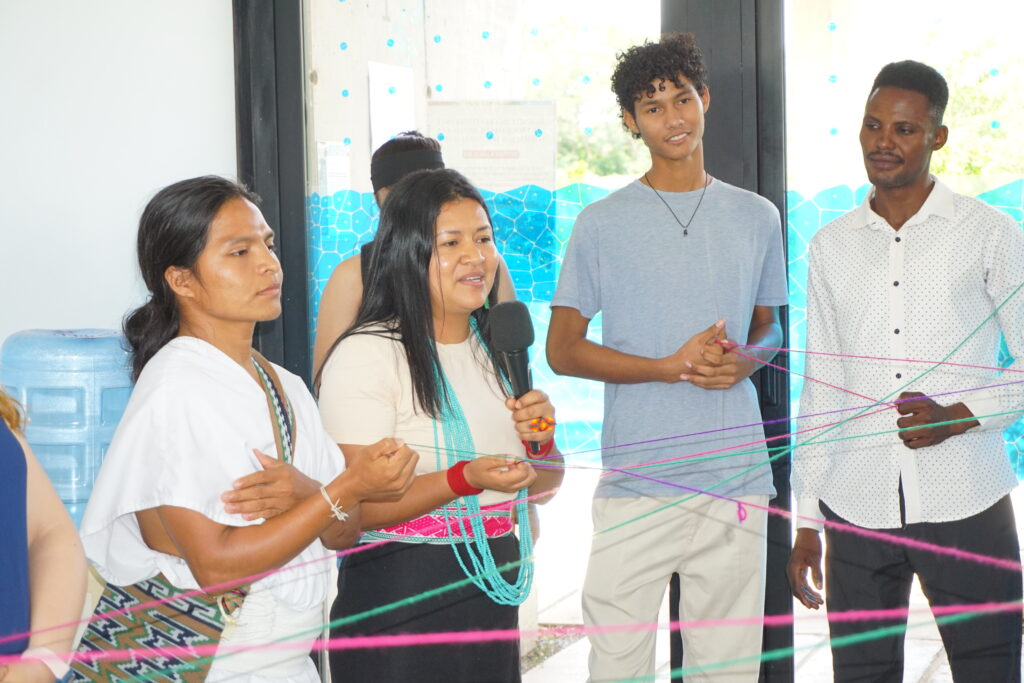
Once each person had expressed his/her interest, in the second moment, each person expressed with whom he/she would like to keep in contact and connect, according to the interest or personal motivation expressed. Each time a person mentioned the other and the way to keep the connection, a piece of wool connected them. In the end, a beautiful network of wool was observed and many new networks between them were created.

South-South connection: Comparative perspective Ghana – Colombia
At the end of the school, the coordination team proposed a group activity to the students in order to promote exchanges on the themes presented and discussed in each module, such as environmental conflicts, tourism, agricultural production models and climate change and peace-building. Each group was made up of a student from Ghana and Benin, some DSSP Master students and one (or more) student from the host campus. The idea of the exercise was that, according to the discussions and presentations and the realities of each country, the students would prepare an activity outside the academic format to present their reflections on the comparative perspective between Ghana and Colombia.

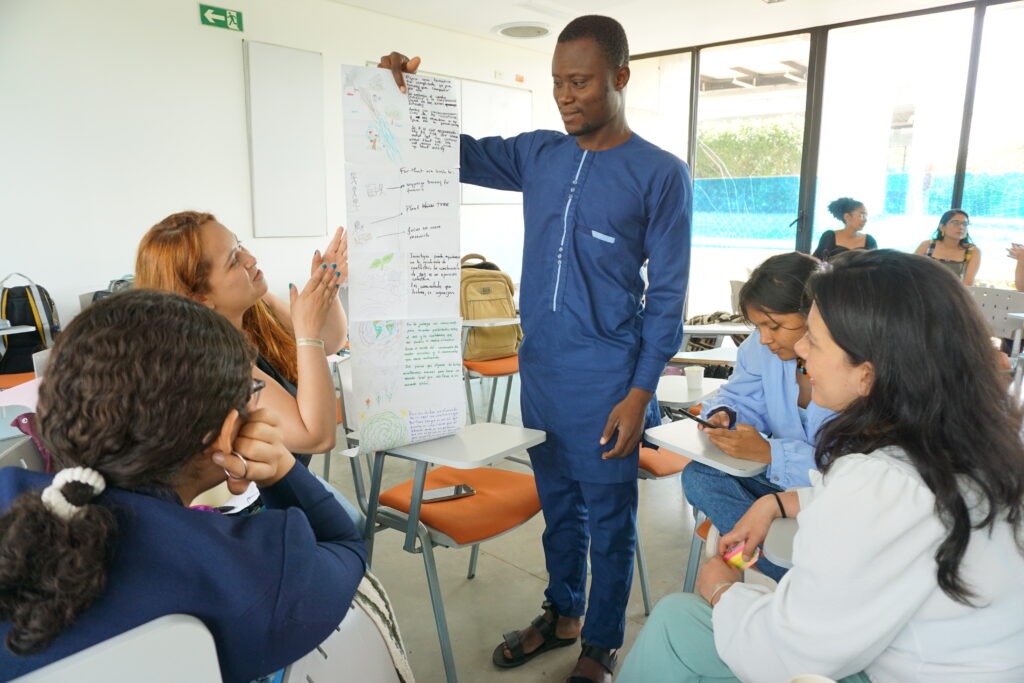
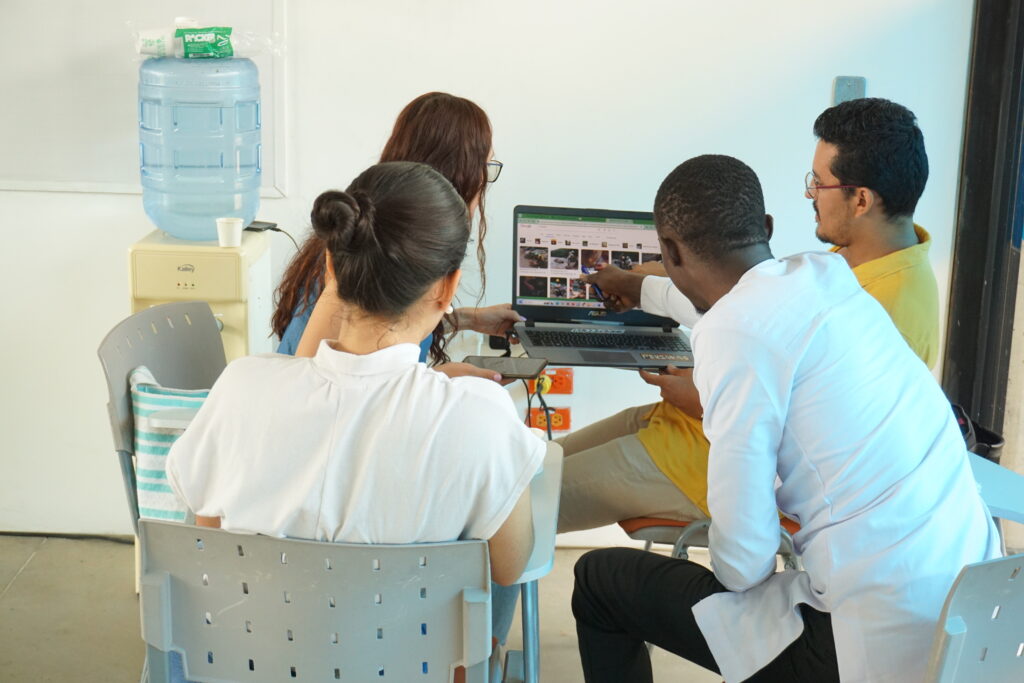
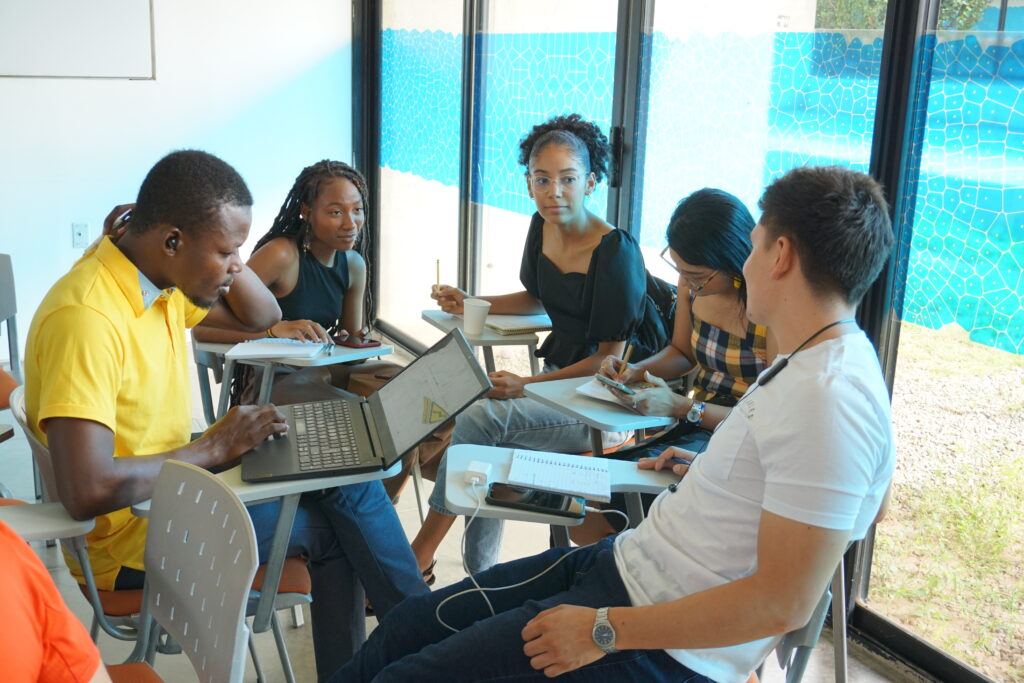

On the last day of the Travelling School, each group dedicated two hours to the preparation of this exercise and after that, they came up with amazing proposals of theatrical representations, drawing stories and games that made it possible to reflect on the similarities and differences between these dynamics in the two countries. For instance, while the situations related to agricultural models and the effects of environmental conflicts are quite similar in both countries, the tourism dynamic raises many differences in terms of management and regulation. The exercise was a truly fruitful way to conclude an interesting two-week academic and cultural exchange. Lucas Badua, a Master student at the UDS, said: “Collaborating with the Colombian students during the group work was one of the most enriching aspects of the programme”.
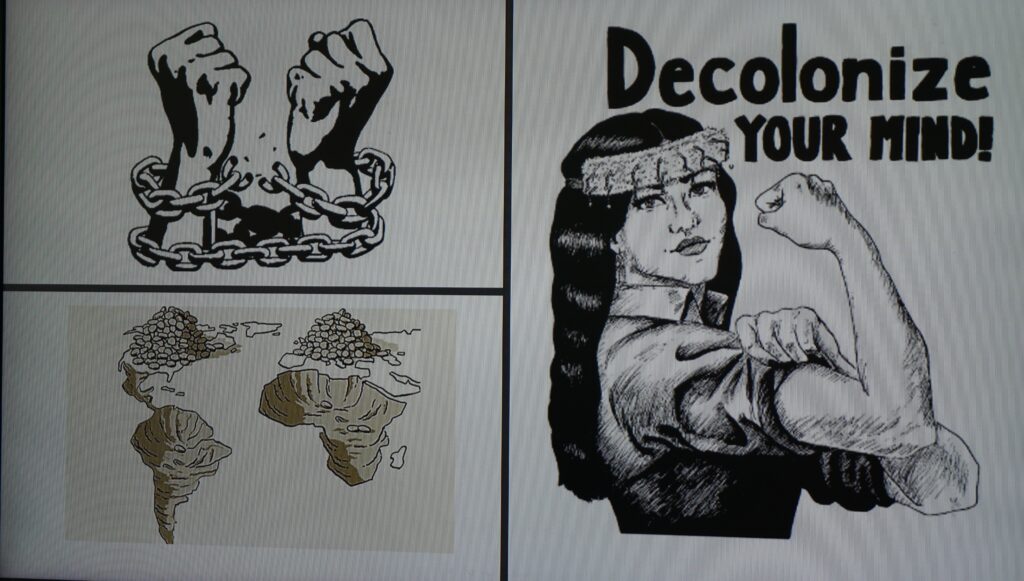

Great Work and inspiring documentation. Thank you!